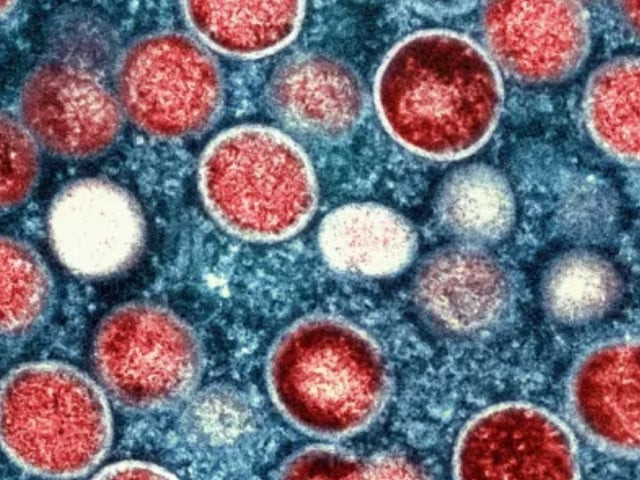Philippines reports year's first case of mpox; strain not yet identified
The Department of Health (DOH) says patient, a 33-year-old male Filipino, had never traveled outside of the country.

The health department of the Philippines announced that it has discovered a new case of the mpox virus, the first to be reported since December of last year.
However, the government stated on Monday that it was still awaiting test results to identify the strain.
The Department of Health (DOH) said that the patient was a 33-year-old male Filipino who had never traveled outside of the country. In response to a question concerning the strain, its spokesman Albert Domingo stated, "We are awaiting sequencing results and will update once available."
The World Health Organization on Wednesday declared mpox a global public health emergency, its highest form of alert, following an outbreak in the Democratic Republic of Congo that had spread to neighboring countries.
A new form of the virus has triggered global concern as it seems to spread easily though routine close contact.
A case of the new variant was confirmed on Thursday in Sweden and linked to a growing outbreak in Africa, the first sign of its spread outside the continent. Pakistan on Friday confirmed at least one case of the mpox virus in a patient who had returned from a Gulf country, but said they did not yet know the strain of the virus.
The new case in the Philippines is the 10th laboratory-confirmed case the health department has detected. Its first case was in July 2022.
"Symptoms started more than a week ago with fever, which was followed four days later by findings of a distinct rash on the face, back, nape, trunk, groin, as well as palms and soles," the Philippine DOH said in a statement.
The disease, caused by the monkeypox virus, leads to flu-like symptoms and pus-filled lesions. It is usually mild but can kill, with children, pregnant women and people with weakened immune systems, such as those with HIV, all at higher risk of complications.



















COMMENTS
Comments are moderated and generally will be posted if they are on-topic and not abusive.
For more information, please see our Comments FAQ